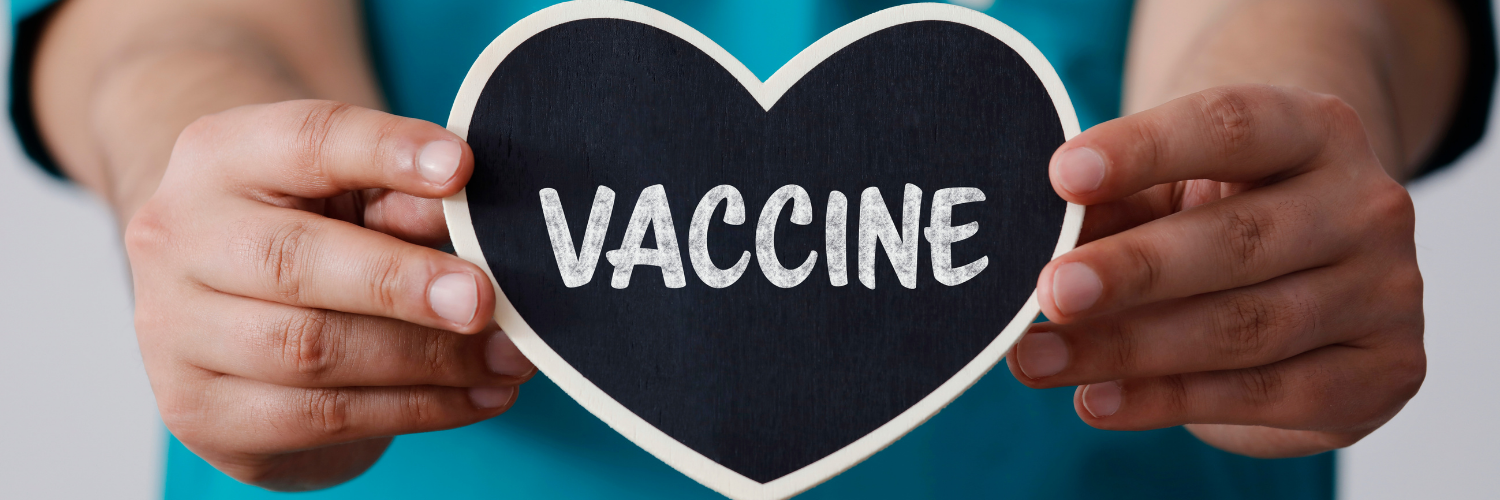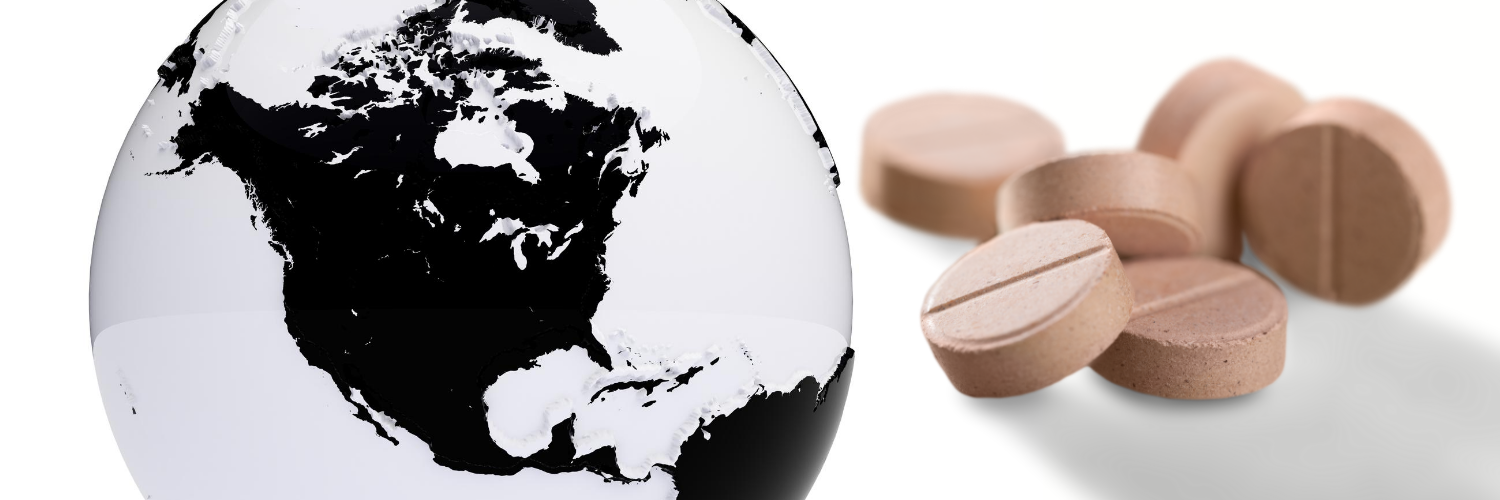What is a pharmacist's role in providing the COVID-19 vaccine?

Let me start by saying, as a pharmacist, I strongly recommend everyone go get a COVID-19 vaccine when it becomes available to you.
Pharmacists play an integral role within community healthcare: they are on the frontlines daily providing medical consultations and vaccinations and have proven especially vital during the COVID-19 pandemic. The federal government has partnered with community pharmacies nationwide to provide COVID-19 vaccinations in a rapid but orderly fashion. In addition to administering vaccinations, pharmacists can explain details regarding possible side effects and provide expert perspectives to calm anxieties among patients during the vaccination process. The best part is you will apparently receive the COVID-19 vaccine at partnered pharmacies at no cost -- yup, that means $0 for a COVID-19 vaccine!
What are the requirements for pharmacists to administer a COVID-19 vaccine?
With recent HHS authorization, U.S. state-licensed pharmacists and registered interns under supervision are permitted to provide COVID-19 vaccinations to any person three years of age and up. Below, I’ve listed what is required of pharmacists and what you should expect when getting vaccinated:
-
The vaccine you receive is licensed and authorized by the FDA.
-
The vaccine must be ordered following the Advisory Committee on Immunization practices COVID-19 recommendations.
-
The pharmacist must complete at least 20 hours of an Accreditation Council for Pharmacy Education (ACPE) accredited training program. This training includes injection technique, evaluation of patient history, and possible interactions.
-
The pharmacist must complete two hours of immunization education for each board of pharmacy licensing period.
-
The pharmacist must be CPR certified.
-
All local recordkeeping requirements must be met.
Do I need to wear a mask when I receive a COVID-19 vaccine?
Yes, you must wear a face covering when outside your home including while receiving the COVID-19 vaccine. It's important to protect yourself and frontline healthcare workers, so be sure to always step out with your face covered. I keep mine in my car just in case.
COVID-19 Vaccination Rollout Order in the United States
The COVID-19 vaccine supply is currently limited in the United States. As a result, the CDC has given recommendations to all federal and local governments on the appropriate order of vaccination rollout within communities. The vaccine rollout consists of three phases:
-
Phase 1a
-
Healthcare staff and long-term care facility residents
-
-
Phase 1b
-
Frontline essential workers (e.g. police officers, corrections officers, firefighters, postal workers, grocery store workers, educational workers, manufacturing workers)
-
All People who are at least 75 years and older
-
-
Phase 1c
-
All people between ages 65 to 74
-
All people between ages 16 to 64 with medical conditions that increase the risk of life-threatening complications from COVID-19
-
Other essential workers (e.g. workers in transportations, food service, public safety, public health, constructions, finance, communications, energy, media, and law)
-
Does the BCG vaccine protect you from getting coronavirus disease?
According to the World Health Organization (WHO), there is no evidence that the Bacille Calmette-Guérin (BCG) vaccine provides protection against COVID-19. So do not get this vaccination in an attempt to protect yourself from COVID-19. A COVID-19 vaccine will eventually be available to everyone in the U.S. In the meantime, social distance, wear face coverings, and be patient.
Are mRNA vaccines safe?
Any mRNA (Messenger RNA) vaccine with FDA approval is safe because it has been rigorously tested and proven to be safe. Here are some important facts about mRNA:
-
mRNA has been heavily studied for the past ten years. It may be new to us but it's no shot in the dark!
-
There is no live virus in an mRNA vaccine, meaning you can’t get the virus you are avoiding by getting vaccinated.
-
An mRNA vaccine does not hijack your DNA. It doesn't even enter the nucleus (main part) of your cells.
Why do I have to take two COVID-19 shots?
Some COVID-19 vaccines require two shots to ensure they are effective against COVID-19. If you take a COVID-19 vaccine that requires two shots, make sure you set a reminder immediately after your first shot to make sure you protect yourself and your family as best as you can from the virus.
For the Pfizer COVID-19 Vaccine: The second shot should be given 21 days after your first shot.
For the Moderna COVID-19 Vaccine: The second shot should be given 28 days after your first shot.
Pharmacist Tip: Set a reminder on your phone on the date you need to take your second shot. You should also download the Vsafe app to let the CDC know about any side effects you experience. Do not worry about which shot to get: just take any available FDA-approved COVID-19 vaccine.
Can I get the COVID-19 vaccine if I am pregnant?
It is the mother’s decision to get vaccinated or not as data is still limited.
There were no safety concerns in rats with the Moderna COVID-19 vaccine given during or before pregnancy. Humans in vaccine clinical trials that became pregnant are closely monitored by the respective vaccine manufacturers at this time. Remember mRNA vaccines don't have the live virus in them which means technically it cannot give anyone COVID-19. The decision to take the vaccine or not is up to the mother and speaking with your health care provider will certainly aid in making this decision.




